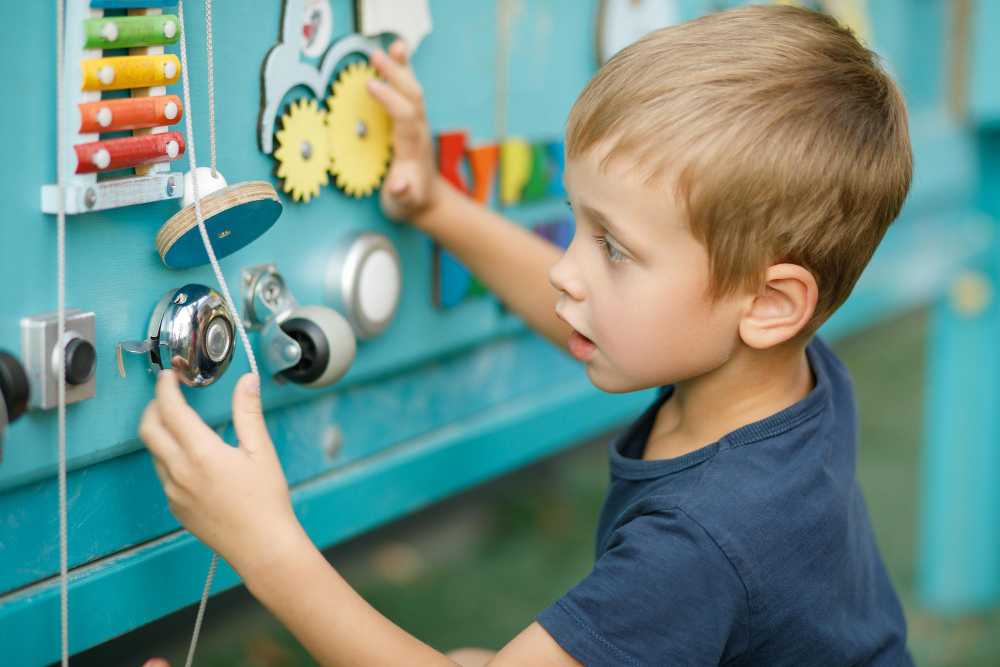Autism spectrum disorder (ASD) is a neurodevelopmental disorder that affects communication, social interaction, and behavior.
It can be diagnosed in children as young as 2 years old. Early diagnosis and intervention can greatly improve outcomes for children with ASD. In this article, we will discuss signs of autism in a three-year-old, the diagnosis process, and management strategies.
Signs of Autism in a Three-Year-Old:
The signs of autism in a three-year-old can vary widely, but some common indicators are:
- Difficulty with social interaction: Children with autism may have difficulty making eye contact, sharing interests, or responding to their name.
- Delayed or absent language skills: Children with autism may have delayed language development or may not speak at all. They may also repeat words or phrases without understanding their meaning.
- Repetitive behavior: Children with autism may engage in repetitive behaviors such as spinning, flapping their hands, or lining up toys.
- Sensory issues: Children with autism may have sensory processing difficulties, such as being overly sensitive to certain textures, sounds, or smells.
- Difficulty with transitions: Children with autism may have difficulty transitioning from one activity to another or may have a strong attachment to certain routines.
Diagnosis:
Diagnosing autism in a three-year-old can be challenging, as some of the signs may be difficult to recognize. However, early diagnosis is critical for children with autism, as it allows for early intervention and support.
The diagnosis of autism typically involves a comprehensive evaluation by a team of healthcare professionals, including a pediatrician, psychologist, and speech therapist. The evaluation may include:
- A medical evaluation to rule out other underlying conditions.
- A developmental assessment to evaluate the child’s communication, social interaction, and behavior.
- A hearing test to rule out hearing problems.
- A speech and language evaluation to assess the child’s language skills.
- Observation of the child’s behavior and interactions with others.
Management:
There is no cure for autism, but early intervention can greatly improve outcomes for children with autism. Management of autism typically involves a combination of therapies, including:
- Applied behavior analysis (ABA) therapy: ABA therapy is a type of behavioral therapy that focuses on reinforcing positive behaviors and reducing negative behaviors.
- Speech therapy: Speech therapy can help children with autism develop communication skills and improve their ability to interact with others.
- Occupational therapy: Occupational therapy can help children with autism develop fine motor skills, improve their sensory processing, and increase their independence.
- Medication: Medication may be used to manage symptoms of autism, such as anxiety or hyperactivity.
In addition to therapy, parents and caregivers can also play a critical role in managing autism. Strategies for managing autism at home may include:
- Establishing a consistent routine.
- Using visual aids, such as pictures or schedules, helps children understand routines and transitions.
- Providing a sensory-friendly environment.
- Encouraging social interaction and communication.
In conclusion, autism is a complex disorder that can be diagnosed in children as young as three years old. Early diagnosis and intervention can greatly improve outcomes for children with autism. If you are concerned that your child may have autism, speak to your pediatrician or healthcare provider. With the right support and management, children with autism can thrive and reach their full potential.
![]()









